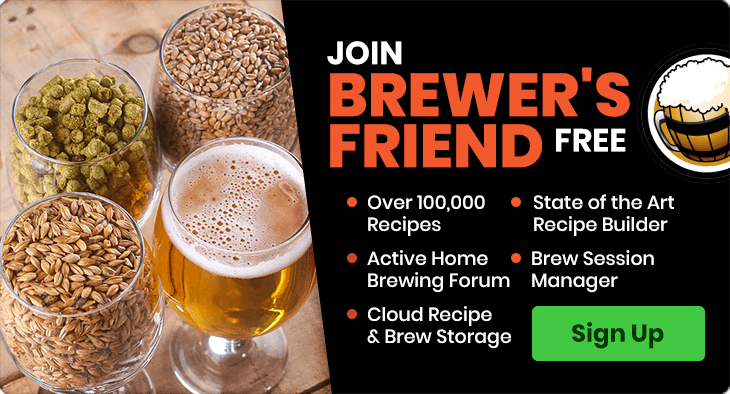Basics of Hops in Brewing
Saturday, May 23rd, 2009Hops contribute four elements to beer: stabilization, bitterness, flavor, and aroma. Using the right hops, added to the boiling wort (pronounced wert) at the right time, is every bit as crucial as using the right grains or yeast.
Hops resins contain two types of acid, one (Beta) that contributes to aroma, and the other (Alpha) that contribute to the bitterness of a beer. Commercial hops are air dried prior to packaging. The resins require boiling to fully release the acids. The higher the percentage of Alpha acids in your hops, the more bitterness will be imparted, leading to a higher IBU value for the beer. Usual time for boiling is 60 minutes.
Hops also contain essential oils that contribute to aroma and flavor. These oils are aromatic (like the oils in coffee), which means they will evaporate out of boiling wort over time. Hops added for aroma are added last in the boil, and usually boiled for five minutes or less because “hop flavor” tends to boil out within 15 minutes. Over-boiling these hops defeats the purpose of adding them. Over-boiling bittering hops has no effect, since the bittering acid isn’t aromatic and won’t evaporate out in a boil. The cutoff point between a bittering hop and an aromatic hop is somewhere around an alpha acid level of 8%, but some higher AA variates are dual purpose.
Some styles of beer call for even more hop flavor and aroma, such as India Pale Ales. In order to increase the ‘hopiness’ of a beer further, hops can be added after the wort is chilled and left to ferment with the wort through the primary fermentation. This process is called “dry hopping”; the un-boiled hops soak in the fermenting beer for weeks.
If you have to substitute because your preferred variety of hops are not available, bittering hops are the easiest to substitute, since you’re comparing the IBU and Alpha Acids By Weight. (often noted as “Alpha %”) Flavor & aroma hops are trickier to substitute; the best strategy is to pick a hop from the same family (American, English, German, Saaz, etc). Changing the hop used in dry-hopping has an even larger impact on the finished beer, so even more care should be used.
The next choice a home-brewer must make is picking between hop pellets and dried hops. If you live in the right part of the world, you can even use fresh hops in your beer; as you might expect, the fresher the hop, the more aroma and flavor it provides. Dried hops are preferred, but may not be available. Hop pellets are hops that have been dried and compressed; they have the advantage of being small and easy to add down the neck of a carboy, but aren’t as good for aroma and flavor hops.
Hops can be added directly to the boil as loose leaf or placed inside a ‘hop sock’ for easier cleaning afterward. Use the same rules as making tea: wait for the wort to reach a roiling boil before adding the hops. If you do use a hop sock, consider adding an additional few minutes to the boiling time, especially for your bittering hops, as the hops won’t be able to circulate as well inside the sock.
At the end of the boil, strain the boiled hops out prior to fermentation. You can sparge the hops by gently pouring water over the boiled hops, and applying gentle pressure with a spoon or other tool. While it’s a good idea to sparge flavor & aroma hops, if your beer only has bittering hops, you can safely skip this step.
This site maintains a hops alpha acid table.







2 Responses to “Basics of Hops in Brewing”
LETS SAY ALL I HAVE IS PELLET HOPS BUT THE RECIPE CALLS FOR LEAF, WHAT FORMULA DO I NEED TO USE TO CONVERT TO PELLET HOPS?
By JOSEPH A MUELLER, SR on Sep 25, 2012
There is actually not much to worry about. You may need to reduce the amounts by 10%, but that is a preference. In our recipe builder, pellet hops impart a + 10% utilization factor, but only with the Tinseth IBU equation.
This is in our new FAQ here:
http://www.brewersfriend.com/faq/#recipes21
By Larry on Sep 25, 2012